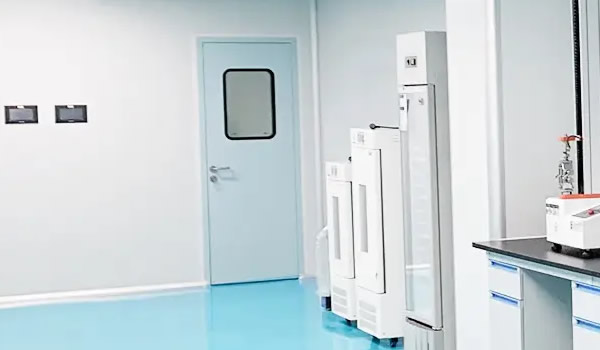Alzheimer’s disease and other dementias are becoming a major healthcare challenge in Asia, driven by rapid population aging. By 2050, more than 70 million people in Asia are expected to be living with dementia. This article explores current therapies, non-pharmacological interventions, caregiver support, and future innovations in Alzheimer’s and dementia care across Asia.

Dementia in Asia: The Rising Burden
- Global perspective: More than 55 million people worldwide live with dementia.
- Asia’s numbers: Over 60% of dementia cases occur in Asia.
- Aging factor: Japan, South Korea, China, and Singapore face the fastest population aging.
- Economic impact: Dementia care costs billions annually, straining healthcare systems and families.
Understanding Alzheimer’s and Dementia
- Alzheimer’s disease: The most common cause of dementia, characterized by amyloid plaques and tau tangles in the brain.
- Other dementias: Vascular dementia, Lewy body dementia, frontotemporal dementia.
- Symptoms: Memory loss, disorientation, difficulty communicating, mood changes, loss of independence.
Current Treatment Approaches
1. Medications
- Cholinesterase inhibitors (donepezil, rivastigmine, galantamine): Improve communication between nerve cells.
- Memantine: Regulates glutamate activity to support memory and learning.
- Symptomatic treatment: Antidepressants and antipsychotics for mood and behavioral symptoms.
2. Lifestyle and Non-Drug Interventions
- Cognitive training and memory exercises.
- Physical activity to improve brain health.
- Diets rich in omega-3 fatty acids, antioxidants, and low in processed foods.
- Music and art therapy to stimulate emotional and cognitive functions.
3. Caregiver Support
- Counseling and training for family caregivers.
- Adult day-care programs and memory clinics.
- Community-based support networks.

Emerging Therapies in Asia
1. Disease-Modifying Drugs
- Anti-amyloid therapies (e.g., lecanemab, aducanumab): Target amyloid plaques.
- Trials expanding in Japan, China, and Singapore.
2. Stem Cell and Regenerative Medicine
- Early-stage research in South Korea and China.
- Aim to repair damaged brain tissue.
3. Digital Health Tools
- AI-based early diagnosis through speech and behavior analysis.
- Mobile apps for cognitive training and caregiver guidance.
- Wearables for patient monitoring.
4. Traditional and Complementary Medicine
- Herbal remedies and acupuncture explored in China, India, and Southeast Asia.
- Limited evidence, but culturally relevant and widely accepted.
Regional Insights
- Japan: World leader in dementia care policies and early detection programs.
- China: Expanding memory clinics, but rural areas lack access.
- India: Rapid rise in cases, but caregiver burden remains extremely high.
- South Korea: Investing heavily in dementia research and public support programs.
- Singapore: Model for integrated community-based dementia care.
Dementia Care Challenges in Asia
- Stigma: Many families reluctant to seek diagnosis due to cultural taboos.
- Healthcare gaps: Limited specialists and memory clinics outside urban areas.
- Financial strain: High costs of long-term care, often borne by families.
- Caregiver burden: Emotional and physical stress on family members.
Future of Dementia Care in Asia
- AI and Big Data: For early prediction and personalized care.
- Community Dementia-Friendly Programs: Expanding across Japan, Singapore, and South Korea.
- Policy Innovations: National dementia strategies to improve access and reduce stigma.
- International Collaboration: Asian countries participating in global dementia drug trials.

Conclusion
Alzheimer’s disease and dementia are becoming a public health emergency in Asia, with cases rising rapidly as populations age. Current treatments provide symptom management but no cure, while new therapies like anti-amyloid drugs and stem cell research bring hope.
The future of dementia care in Asia lies in early detection, affordable access to therapies, strong caregiver support, and innovative technologies. With comprehensive strategies, Asia can transform dementia care and improve quality of life for millions of patients and their families.
Alzheimer’s treatment Asia, dementia therapy, memory loss treatment Asia, Alzheimer’s drugs, dementia care Asia